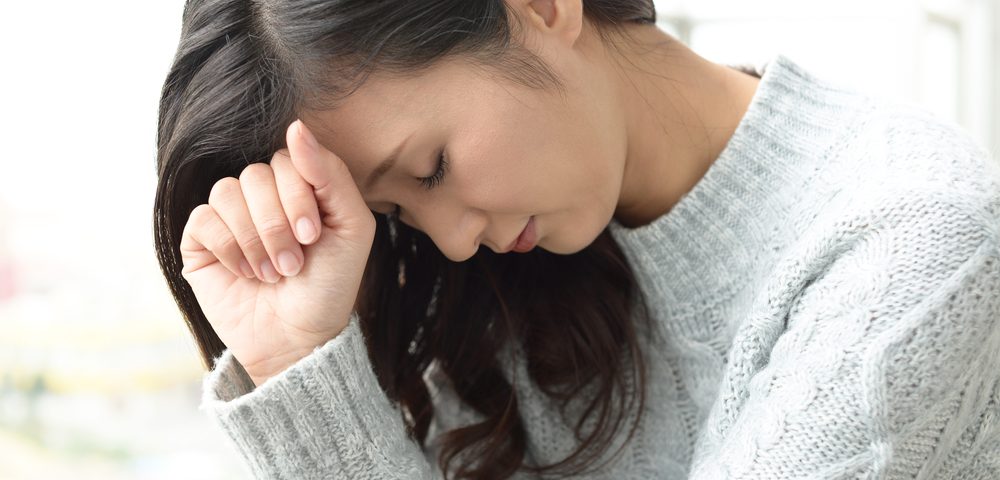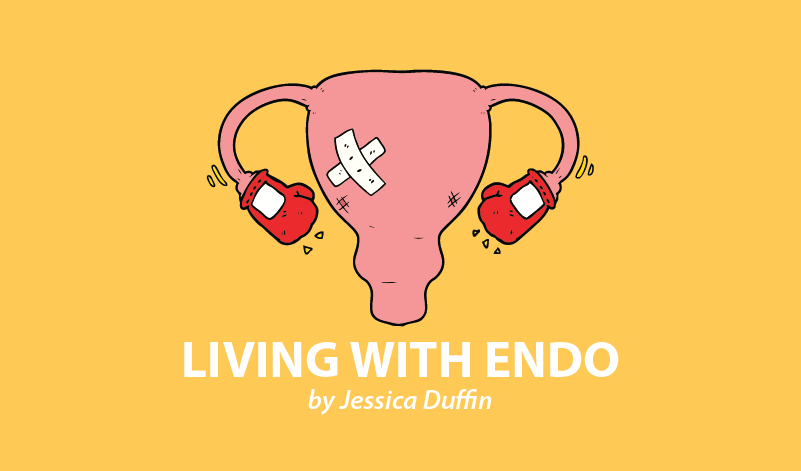When I was 7, I had a meltdown over a cardboard robot I was building at school. I vaguely remember it being something to do with the arm not sticking on right. The arm collapsed on itself and so did I. I was taken out of school for a week, with a kid’s version of burnout. And it has been an ongoing pattern ever since.
In the past few years, as my endometriosis has become an ever-present part of my daily life, I’ve been hit hard by burnout. The overwhelming mix of anxiety, depression, endometriosis, and burnout cost me a job, and though I did some deep soul-searching, I had to get up and go immediately — I had rent to pay.
Now that I’m paying that rent, I guess that survival instinct is slowing down, and the burnout is returning to touch everything I do. I have been grinding, with pieces falling off as I go, to a halt, probably all year. And it’s time I learned to take a rest.
Psychology Today describes burnout as a state of chronic stress that leads to physical and emotional exhaustion, cynicism, and detachment and feelings of ineffectiveness and lack of accomplishment. Burnout is now recognized as a mental disorder by the World Health Organization, and has real and recognizable symptoms, emotions, and stages.
Burnout is often prevalent in overachievers, those who work long hours, stay busy at any cost, and push sleep and rest to the bottom of the to-do list. Women are increasingly suffering from burnout in today’s society, and it seems that millennial women are burning out before their 30s because of the incredible pressures of education and an increasingly competitive career landscape. This is especially true in a society that is still favoring men in the working world. Women have been shown to be taking less holiday time than men because they’re worried about looking less committed at work, and societal pressures and outdated views are also keeping women stuck in unhelpful patterns, which contribute to burnout.
I have a theory that women with endometriosis may also be more susceptible to burnout. Not only are we subject to the same pressures that all women face, but also we have various and incredibly intense physical and mental issues to deal with on a daily basis.
Psychologists suggest that chronic stress is the main cause of burnout, and my theory is that women with endometriosis are dealing with higher levels of chronic stress.We’re living daily with pain, and maybe depression, anxiety, and fatigue, among other difficult symptoms. We’re trying to achieve in our careers or just hold on to our jobs despite battling daily with the disease; we’re trying to maintain a normal home life when we’re often feeling isolated, misunderstood, undersupported, irritable, lonely, etc.
On top of that, there’s a feeling of guilt and being not enough. This feeling that, because we have endometriosis, we’re underachieving because we can’t keep up the pace that a healthy person can. So even though we may need to rest, we’re not resting as often as our bodies’ require, or we’re pushing ourselves harder than our bodies can take to try to keep up. Or we’re not really resting when we’re resting, because we feel so guilty about it.
If the workload is manageable and an individual is able to get sufficient rest, this will help avoid burnout, psychologists say. Additionally, feeling in control of your workload and schedule helps prevent burnout as well. But I know, personally, that I feel continuously overwhelmed by my workload and continuously out of control because I am always tired, I always need a bit more sleep, I am always anxious, I’m always working with a body and mind that don’t feel quite ready to go. Even though I am an overachiever and a perfectionist, someone who takes on way too much work, the truth is if I cut my work down to an amount that feels manageable and allows me to feel in control, I just wouldn’t be able to afford to do it.
I appreciate that this, at first, may sound negative, but I think it’s essential we recognize that this is a possibility and how we can then deal with it. I’ve been blaming endometriosis for all of my symptoms, but I’m now considering the idea that some of what I’m feeling is burnout, which has been indirectly caused by living with endometriosis.
This is my personal experience only, but if this is resonating with you, next week I am going to explore the symptoms of burnout, how to avoid it, and my personal journey of how I am learning to recover from it.
***
Note: Endometriosis News is strictly a news and information website about the disease. It does not provide medical advice, diagnosis, or treatment. This content is not intended to be a substitute for professional medical advice, diagnosis, or treatment. Always seek the advice of your physician or other qualified health provider with any questions you may have regarding a medical condition. Never disregard professional medical advice or delay in seeking it because of something you have read on this website. The opinions expressed in this column are not those of Endometriosis News or its parent company, BioNews Services, and are intended to spark discussion about issues pertaining to endometriosis.


